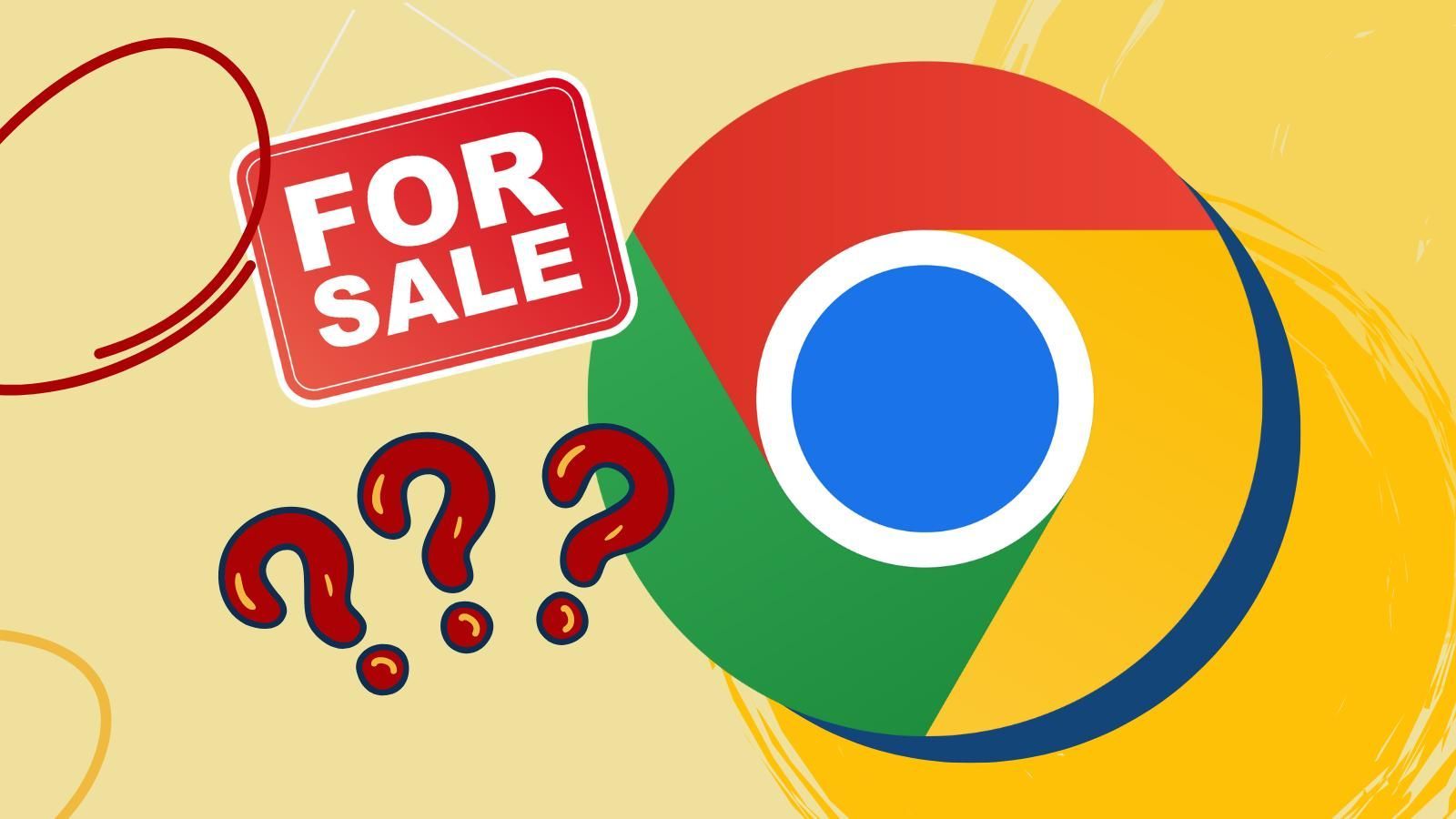Google May Have to Sell Chrome Browser, Impacting Advertisers and Small Businesses

New The U.S. Department of Justice (DOJ) has taken a bold step, suggesting that Google might need to part ways with its Chrome browser—and possibly even its Android operating system. This recommendation is part of an effort to address accusations of monopolistic practices in search and advertising. It’s a significant move that stems from a September 2024 court decision finding that Google had violated antitrust laws to maintain its dominance in these markets.
What we will cover:
- What causes the DOJ to demand Google to sell Chrome Browser and Android
- What are the actions that the DOJ proposed to Google
- What are the impact of this to Advertisers and Small Businesses
Google’s Chrome and Android Divestiture Could Challenge Advertisers and Small Businesses
Background
For years, Google has used its control over Chrome and Android as a way to strengthen its grip on the digital world. These platforms are not just tools for users—they’re vital gateways for advertisers and small businesses trying to connect with consumers. By holding onto them, Google has been able to maintain an ecosystem that limits competition. The DOJ believes that breaking up these assets is essential to leveling the playing field, especially since Google’s exclusivity agreements and self-preferencing tactics have left little room for rivals to thrive.
Why It Matters
If the proposed changes move forward, they could transform the digital advertising landscape by introducing more search platforms, complicating where advertisers allocate budgets. Currently, Chrome and Android streamline campaigns through seamless integration with Google’s ad ecosystem, but divestiture could fragment this efficiency. Advertisers and small businesses might face uncertainty, higher costs, and challenges in reaching their audience, fundamentally reshaping strategies and competitiveness in a rapidly evolving market.

Google Being Monopolistic
Google has faced accusations of monopolistic practices for years, largely due to its powerful position in search, advertising, and platforms like Chrome and Android. By controlling both the flow of search traffic and the advertising ecosystem, Google can prioritize its own services and lock in exclusivity agreements that make it tough for competitors to gain a foothold.
This lack of competition doesn’t just affect rivals—it also limits innovation, drives up advertising costs, and leaves businesses and consumers with fewer choices. Regulators, including the U.S. Department of Justice, argue that these practices harm fair competition. To address these concerns, they’re advocating for major structural changes, such as requiring Google to sell off Chrome and Android, in hopes of fostering a more balanced and competitive digital landscape.
DOJ proposed Alternative actions
In addition to divestiture, the DOJ has proposed other remedies like banning exclusivity agreements, stopping Google from favoring its own products, and requiring it to share data with rivals. To ensure these measures are enforced, the DOJ suggests forming a Technical Committee to oversee compliance, with the plan staying in place for a decade. These proposed changes aim to restore fair competition while minimizing disruption to consumers and the broader tech industry.
Impact to Advertisers / Small Businesses
If these assets are divested or access to them becomes restricted, businesses might face higher advertising costs, less precise targeting, and greater difficulty reaching customers. Small businesses, in particular, could be hit hard, struggling to adjust to a more fragmented and potentially less efficient marketing landscape. This shift could force them to rethink their strategies in an already challenging and competitive environment.
Preparing for Changes in Google’s Advertising Ecosystem
To stay ahead, businesses should consider diversifying their advertising channels, focusing on first-party data strategies, and keeping a close eye on regulatory developments. With a hearing anticipated next year, proactive planning will be key to navigating risks and finding new opportunities in this evolving digital ecosystem.
